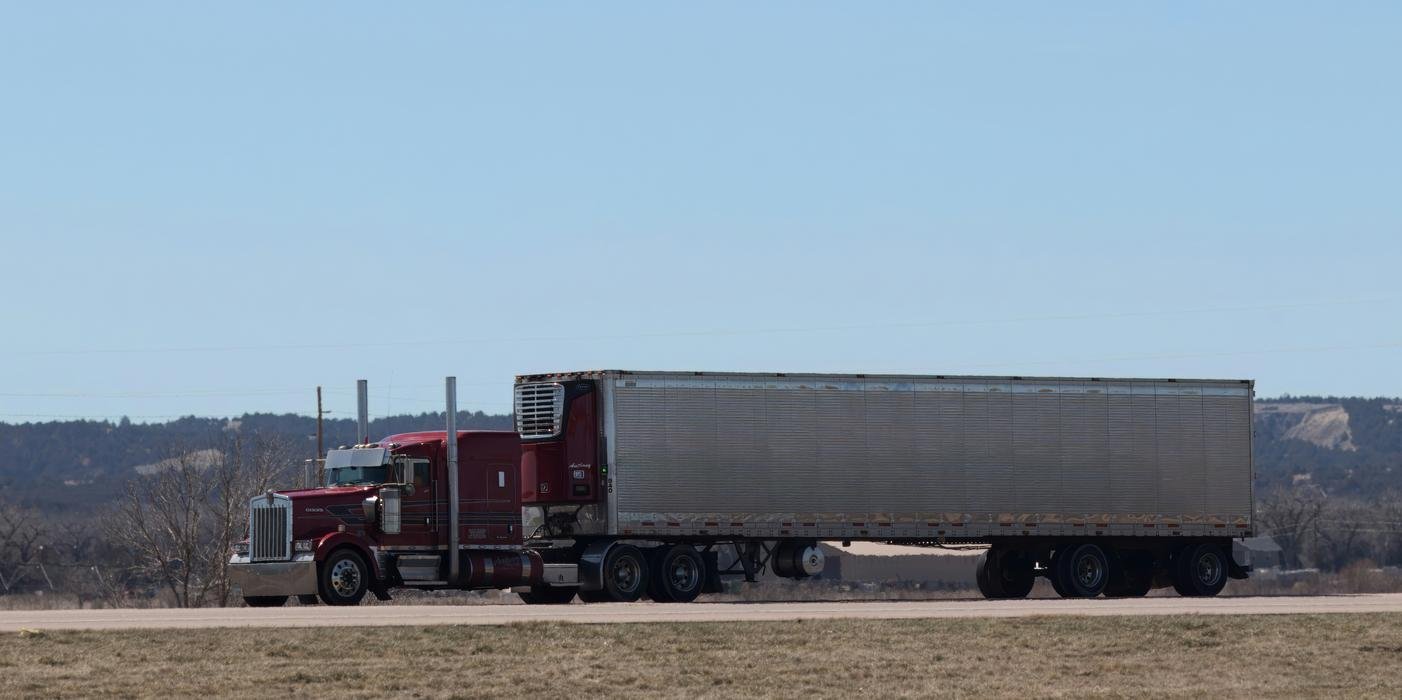Understanding The Hidden Costs of Moving You Need to Budget For
Moving to a new home can be both an exciting and daunting task. While many people focus primarily on significant expenses like hiring moving services or purchasing a new house, the hidden costs of moving can add up quickly and catch you off guard. To make your transition smoother and financially manageable, it's essential to understand and budget for these potential costs. This article delves into "The Hidden Costs of Moving You Need to Budget For," providing essential tips to help you plan wisely.
A Comprehensive Overview of Moving Expenses
1. Moving Company Fees
One of the most substantial costs associated with relocating is hiring professional movers. While you might receive an initial quote, several factors can impact the final price.
- Distance of the Move: Local moves are generally less expensive than long-distance relocations.
- Weight of Your Belongings: Many moving companies charge based on the weight of the items being transported. Be sure to factor this into your budget.
- Additional Fees: Look out for extra charges such as fuel surcharges, challenging access fees (e.g., if moving to a high-rise building), and fees for special services like packing or unpacking.
2. Packing Supplies
Another hidden cost to consider is packing supplies. Depending on how much you own, you may require:
- Boxes: The cost of moving boxes can add up quickly. Consider sourcing free boxes from local retailers or using eco-friendly reusable boxes.
- Packing Materials: Don't forget about bubble wrap, packing tape, and protective materials for fragile items.
- Labeling Supplies: Labeling boxes can save time and prevent confusion during unpacking, so include markers and labels in your budget.
3. Utility Transfers and Deposits
Before you move into your new home, you'll need to set up various utilities, which often incur hidden costs, such as:
- Connection Fees: Utility companies charge fees for connecting services like electricity, water, gas, and internet.
- Deposits: New utility accounts may require security deposits, especially if you have a limited credit history.
- Disconnection Costs: Don't forget about the charges associated with disconnecting your current utilities.
Planning for Additional Costs
4. Insurance and Liability
When budgeting for moving costs, it's essential to consider insurance to ensure your belongings are protected during the move by:
- Moving Insurance: Most moving companies offer basic coverage, but you might want to invest in additional insurance for valuable items.
- Homeowners or Renters Insurance: Check if your current insurance covers your belongings during transit.
5. Cleaning Costs
Before leaving your old home or moving into your new one, consider potential cleaning expenses:
- Professional Cleaning Services: Hiring cleaners can ensure both properties are in top condition, which is especially crucial if you're renting.
- Supplies and Equipment: If you decide to clean your homes yourself, factor in the costs of cleaning supplies and equipment rentals.
Unforeseen Expenses
6. Storage Fees
Sometimes, your new home may not be ready in time, or you might need to downsize your belongings temporarily. In such cases, storage fees can become an unexpected expense.
- Monthly Storage Costs: Research local storage facilities to determine average monthly rates.
- Transportation to Storage: Remember to budget for the costs associated with transporting your items to the storage unit.
7. Time Off Work
Depending on your job, moving may require time off, leading to lost wages if you don't have vacation days available.
- Plan Ahead: Try to schedule your move on a weekend or public holiday to minimize loss of income.
- Consider Hiring Help: Professional movers can expedite the process, potentially allowing you to return to work sooner.
Budgeting Tips for Your Move
8. Start Early
To prepare for the hidden costs of moving, begin your planning early.
- Create a Detailed Checklist: Outline everything from packing to utility transfers to help keep your expenses in check.
- Gather Estimates: Collect quotes from moving companies, storage facilities, and utility providers to get an accurate picture of total costs.
9. Track Your Expenses
It's crucial to keep track of your expenses throughout the moving process.
- Use Budgeting Tools: Utilize apps or spreadsheets to monitor your spending.
- Regularly Review Your Budget: Revisit your budget frequently to ensure you’re on track and adjust as needed for unexpected costs.
Common Misconceptions About Moving Costs
10. All Moving Costs are Predictable
A common misconception is that all moving costs can be effortlessly predicted. In reality, hidden fees often emerge, making it vital to approach your move with flexibility in your budget.
11. DIY Moving is Always Cheaper
While moving yourself may seem like an inexpensive alternative, the costs can be deceptive.
- Vehicle Rentals: Factor in rental fees, mileage charges, and fuel costs.
- Labor: If you enlist friends or family, consider the potential costs of treating them for their help.
Conclusion: Prepare for The Hidden Costs of Moving You Need to Budget For
Moving can be a stressful time, but being aware of the hidden costs associated with moving will help ease the financial burden. From unanticipated fees associated with moving companies to packing supplies and utility transfers, planning is essential. By budgeting for these expenses and following our essential tips, you can ensure a smoother transition to your new home. Remember, the key to navigating the hidden costs of moving is to plan, prepare, and keep detailed accounts of your expenses.
FAQs
Q1: What are the hidden costs of moving you need to budget for?
A1: The hidden costs of moving include unpredictable fees from moving companies, packing supplies, utility connection costs, storage fees, cleaning expenses, and potential time off work.
Q2: How can I manage the hidden costs of moving effectively?
A2: Start planning early, create a detailed checklist, gather estimates from various services, and track your expenses throughout the process.
Q3: Are there ways to minimize the hidden costs of moving?
A3: Yes, you can minimize costs by sourcing free packing materials, scheduling your move during off-peak times, and obtaining quotes from multiple moving companies.
Q4: Why is it essential to consider insurance when budget for moving?
A4: Insurance protects your belongings from damage during the move and can save you from potentially significant losses due to unforeseen accidents.
Q5: Should I hire professional movers despite the hidden costs?
A5: Hiring professional movers can streamline the process and may save you money in the long run by preventing injuries or damage to your belongings. Just be sure to budget for their services adequately.












No Comments
Sorry, the comment form is closed at this time.